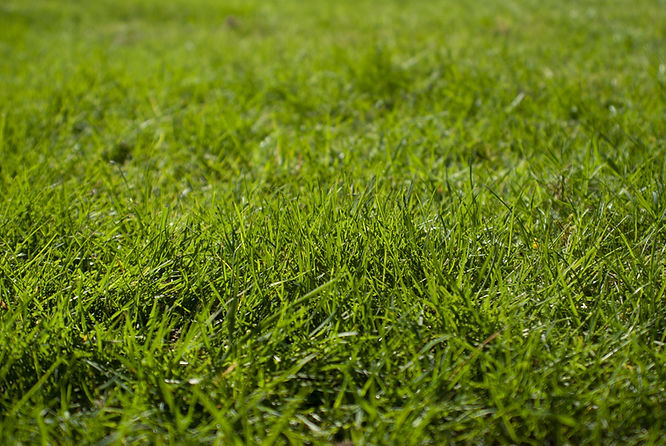

100% Grassfed Beef
-
More omega-3 fatty acids (building block for cell walls, and an energy source for your body)
-
More omega-6 fatty acid (linoleic acid)
-
More vitamin E (essential for your vision, blood, brain, skin, and is an antioxidant)
-
Higher in beta-carotene (benefits your vision, skin, and immune system)
-
Higher in B vitamins thiamin and riboflavin
-
Higher in calcium, magnesium, and potassium.
-
Higher in conjugated linoleic acid (used as weight loss suppliment)
Farming Practices: Grassfinished Beef
Our practices in raising beef are centered around our goal to raise meat that is clean and nutrient dense. We believe that the best way to achieve these goals is to raise animals as they were created to thrive: studying nature and using farming practices that mimic the animals natural diet and behavior.
Because of these principles we have decided to raise our cattle on natural pastures. We do not plant dense annual crops for grazing, feed silages or grains, mix anything into their water. Our pastures are made up of grasses and clovers, weeds like amaranth and chicory. The wide variety of plants provide a more balanced nutrition for the cattle naturally, and this in turn helps produce more nutrient dense meats. Many studies have shown these advantages, and I can provide links to the research articles for those who are interested in the nitty gritty details of the research.
Because grasses are our cattle's food, I consider myself a grass-farmer, and I just so happen to harvest my grass using cattle. To achieve the highest productivity and nutritional quality of pasture, we move the cattle constantly to crop the grasses and keep them vegetative. The frequency of the moves varies depending on the season and how active the grasses are. During the summer I often move cattle three times each day to stay ahead of the grass and not let it go to seed. During the slow growing of the winter I often have the cattle in large paddocks for 4 days, providing hay for the cattle so they do not graze the grass too low and stunt it's recovery.
There are many more details to our managing practices that I'd love to show you and explain, so please contact me and come to the farm to learn more.
It is important that we are not introducing chemicals, heavy metals, or gene modification into your meat, so we have decided not to vaccinate any of our beef cattle. Some of the heard mothers that we purchased from other farmers were vaccinated previous to our ownership, but the calves that they produce that are raised on our farm do not receive any vaccines, hormones, medications, or antibiotics if they are for processing as beef.
We are always following current research and observing our cattle to learn. We adopt and adapt practices with the intention of creating healthy, clean, and nutrient-dense meat.
.png)